28 December 2024
We’ve all heard the saying, “You are what you eat,” but how often do we think about the impact our diet has on our brain? Sure, we eat veggies to stay fit, proteins to keep our muscles strong, and maybe sneak in a treat here and there. But what about our brain? This three-pound powerhouse runs the show. From remembering where you left your car keys to sparking brilliant ideas at work, your brain works non-stop. So, shouldn’t we give it the right fuel?
In this guide, we’ll break down the best foods to supercharge your brainpower. Think of it as a cheat sheet to eat smarter and live better. Ready? Let’s dive in. 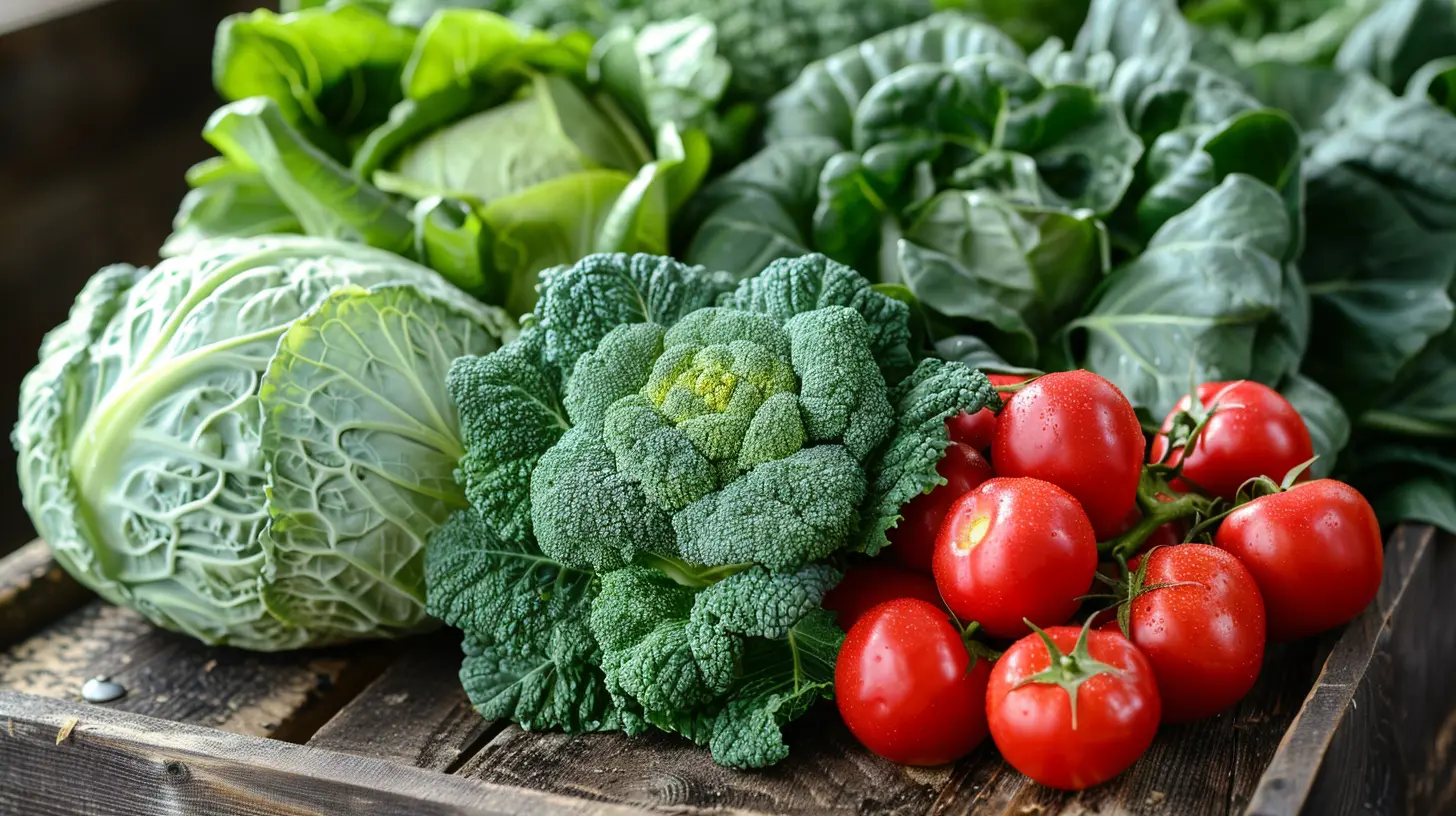
Why Is Brain Health So Important?
Before we talk about what to put on your plate, let’s zoom out for a second. Why should we care about brain health, anyway?Your brain is the command center of your body. It controls your thoughts, memory, emotions, breathing, and pretty much everything else. But here’s the kicker: just like a car engine needs regular maintenance, your brain needs care too.
Poor diet, stress, and lack of exercise can lead to brain fog, slow thinking, and, in some cases, long-term conditions like dementia or Alzheimer’s. The good news? You can boost your brainpower simply by eating the right foods. 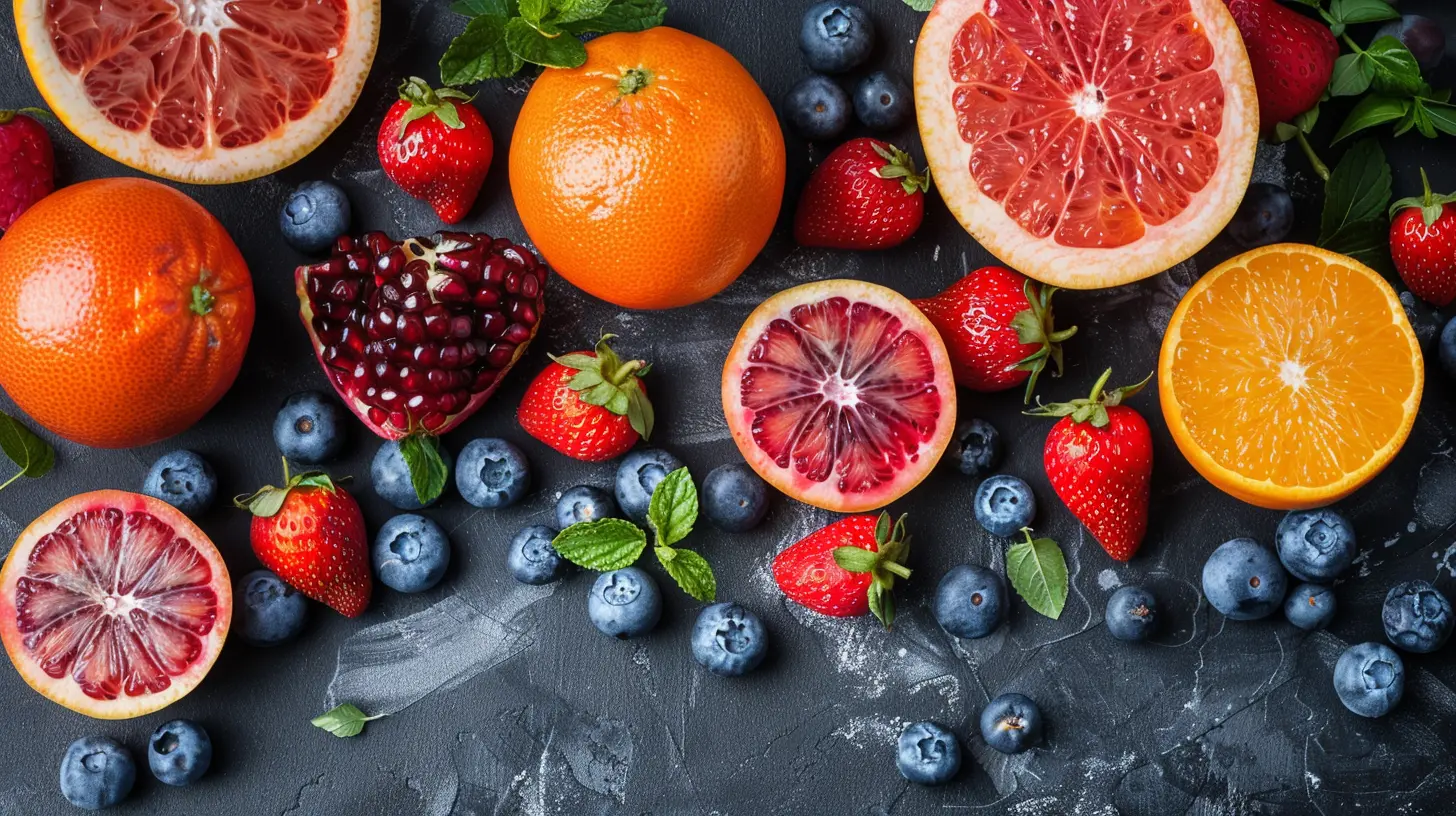
The Science Behind Food and Brain Health
Ever heard of the term "neuroplasticity"? It’s your brain’s ability to adapt, change, and grow. Think of it like your brain’s version of a workout. Now, here’s the exciting part: certain nutrients can enhance this process.Omega-3 fatty acids, antioxidants, vitamins, and minerals are like gym equipment for your brain. They help protect brain cells, improve memory, and keep everything running smoothly. 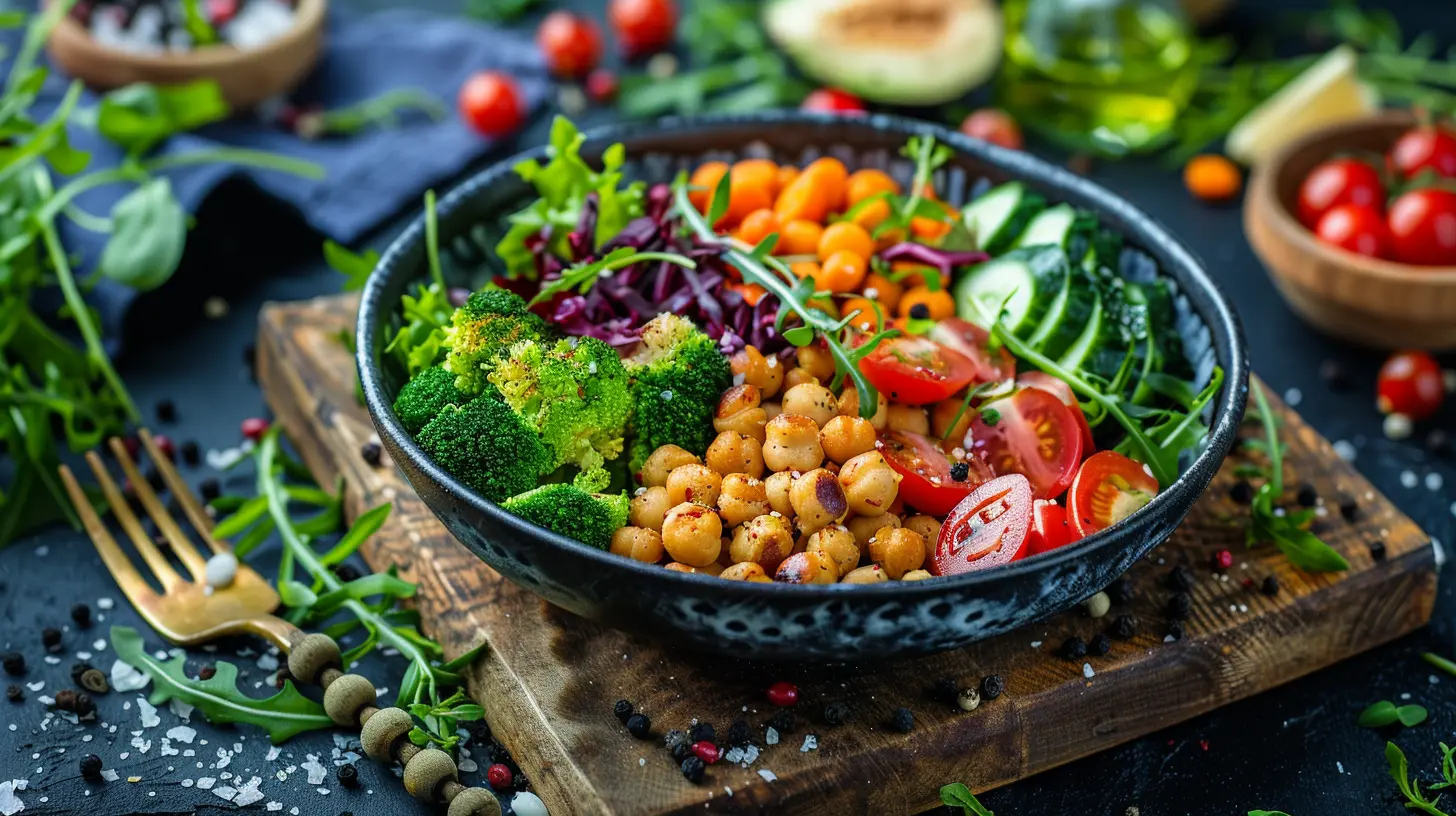
Foods That Improve Cognitive Function
Alright, now for the fun part—what should you actually eat? Let’s break it down into easy, bite-sized pieces (pun intended).1. Fatty Fish: The Brain’s Best Friend
Fatty fish like salmon, trout, and sardines are loaded with omega-3 fatty acids. Think of omega-3s as the oil for your brain’s engine. They help build brain and nerve cells, boost learning, and improve memory.Studies have even linked omega-3s to slower cognitive decline in older adults. So, if you’re not already a seafood fan, it might be time to warm up to it!
Bonus tip: If you’re not into fish, try a fish oil supplement or plant-based sources like chia seeds and flaxseeds.
2. Blueberries: Tiny But Mighty
Blueberries are like tiny superheroes for your brain. Packed with antioxidants, these little gems combat oxidative stress and reduce inflammation.Oxidative stress is like rust for your brain—it can damage cells and speed up aging. Blueberries swoop in and save the day, keeping your brain sharp and young. Plus, they taste amazing in smoothies or as a snack.
3. Dark Chocolate: Yes, You Can Have Dessert
Here’s some good news: dark chocolate isn’t just delicious—it’s brain food! High-quality dark chocolate (70% cocoa or higher) contains flavonoids, caffeine, and antioxidants.Flavonoids are known to improve memory, boost mood, and protect against age-related mental decline. And let’s be real, a small piece of chocolate is the perfect pick-me-up during a busy day.
4. Leafy Greens: Your Brain’s Shield
Spinach, kale, broccoli—basically, anything green and leafy—is a brain booster. These veggies are rich in vitamins like K, lutein, and folate, which are essential for brain health.They’re like a protective shield for your noggin, reducing the risk of cognitive decline. So, toss some spinach into your omelet, add kale to your smoothie, or make a hearty salad.
5. Nuts: The Crunchy Brain Snack
Nuts, especially walnuts, are fantastic for your brain. They’re loaded with healthy fats, antioxidants, and vitamin E.Vitamin E is like sunscreen for your brain, protecting it from free radical damage. Plus, a handful of nuts is the perfect on-the-go snack. Just remember, moderation is key—they’re calorie-dense, so don’t go nuts (pun intended).
6. Turmeric: The Golden Brain Booster
Turmeric isn’t just for curry—it’s a brain health MVP. The active ingredient in turmeric, curcumin, has powerful anti-inflammatory and antioxidant properties.Curcumin has been shown to cross the blood-brain barrier (fancy science talk for “it gets into your brain”), where it may help clear plaques and improve memory.
Pro tip: Pair turmeric with black pepper to enhance absorption.
7. Eggs: The Breakfast Brain Fuel
Eggs are packed with choline, a nutrient crucial for brain health. Choline helps produce acetylcholine, a neurotransmitter that aids memory and mood.Eggs also contain B vitamins, which help slow cognitive decline. So, whether you like them scrambled, poached, or boiled, eggs are a stellar choice for your morning plate.
8. Whole Grains: Slow and Steady Energy
Your brain needs a constant energy supply to function, and that’s where whole grains come in. Foods like oatmeal, quinoa, and brown rice provide steady glucose, aka brain fuel.Unlike sugary snacks that cause energy spikes and crashes, whole grains keep your blood sugar level stable. Think of them as the slow-burning log on your brain’s campfire.
9. Avocados: The Creamy Brain Hero
Avocados are full of monounsaturated fats, which are great for blood flow. Better blood flow equals more oxygen and nutrients to your brain, which means better cognitive function.They’re also high in potassium and vitamin K, which help reduce stroke risk. So, don’t feel guilty about that avocado toast—it’s practically a brain investment!
10. Green Tea: Sip Smarter
Move over coffee—green tea is here to steal the spotlight. Green tea contains caffeine for focus, L-theanine for relaxation, and antioxidants for overall brain health.This combo helps improve alertness without the jitters. Plus, it’s a great way to stay hydrated and give your brain a little extra love. 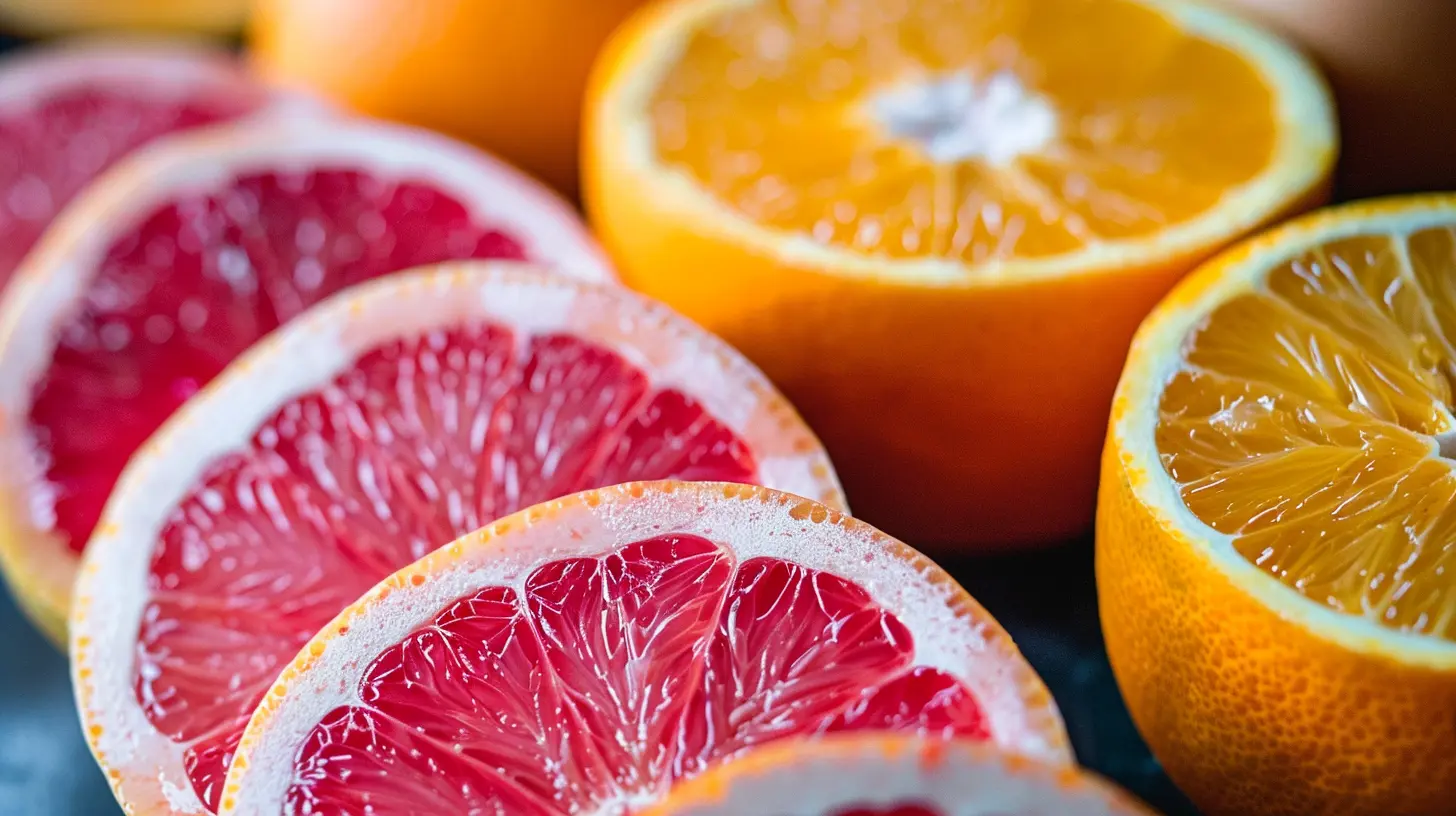
Habits That Enhance Brain-Boosting Foods
Okay, so you’ve stocked up on brain-healthy foods. But food is just one piece of the puzzle. To make the most of these superfoods, pair them with habits that enhance their benefits:- Stay hydrated: Water is essential for brain function. Keep a water bottle handy and sip throughout the day.
- Exercise regularly: Physical activity increases blood flow to the brain. Even a 30-minute walk can work wonders.
- Sleep well: Sleep is when your brain recharges. Aim for 7-9 hours of quality sleep each night.
- Manage stress: Chronic stress can shrink parts of your brain. Practice relaxation techniques like yoga or meditation.
What to Avoid for Better Brain Health
It’s not just about what you eat—it’s also about what you don’t eat. Here are a few things to keep off your radar:- Sugary snacks and drinks: These cause energy crashes and inflammation.
- Trans fats: Found in processed foods, trans fats can harm brain health.
- Alcohol: In excess, alcohol can lead to memory problems and brain shrinkage.
- Excessive salt: Too much sodium can contribute to high blood pressure, reducing blood flow to the brain.
Final Thoughts
Eating for brain health doesn’t have to be boring or complicated. With a little effort, you can turn every meal into a step toward a sharper mind, better memory, and brighter mood.Start small: add a handful of walnuts to your snack routine, swap white bread for whole grains, or throw some spinach in your smoothie. Your brain will thank you—and who knows, you might even remember where you left your car keys next time.




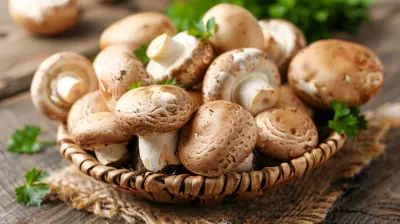


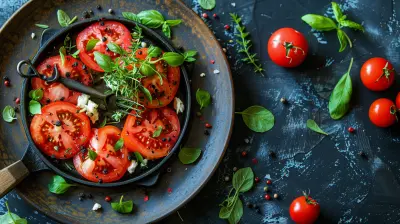


Zevonis Wells
Prioritizing brain health is essential for overall well-being. Incorporating nutrient-rich foods like fatty fish, nuts, and leafy greens can significantly enhance cognitive function. Make conscious dietary choices today to boost your mental clarity and longevity!
February 8, 2025 at 4:26 AM